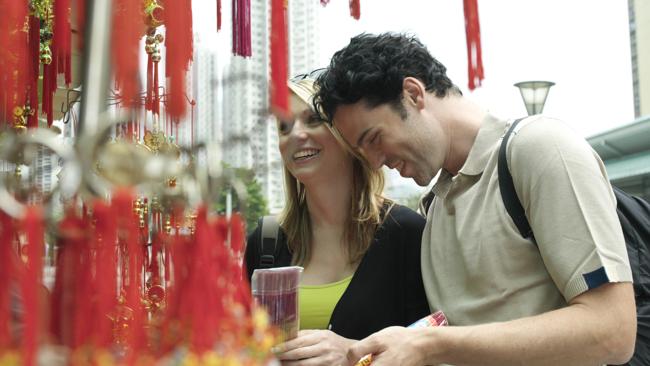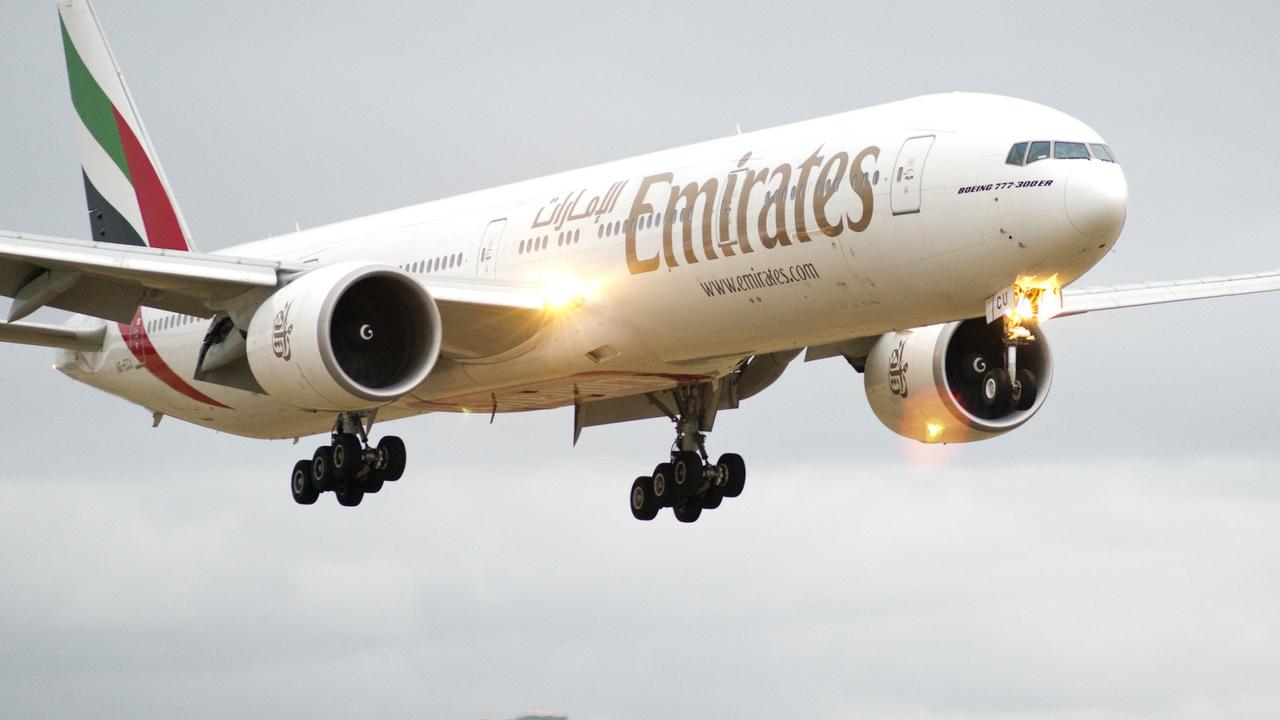Australian dollar not such a factor in overseas travel
WILL the falling Australian dollar lead to a drop in overseas travel? Not necessarily - there's more to it than that.

AUSTRALIANS are travelling overseas in record numbers - and the strong dollar is often touted as the driving force behind the trend.
So, with the dollar finally falling, will we all return to local beach breaks?
Not necessarily, according to a new report by one of Australia's biggest travel agencies.
Research by Flight Centre has found it isn't so simple, with cheap airfares, the ease of international travel, falling interest rates and higher wages also impacting on travel decisions.
"At some time someone decided the high Aussie dollar was the reason why people were going overseas in big numbers, but it's a bit more complicated than that," Flight Centre spokesman Haydn Long said.
"Australians have always travelled overseas in very large numbers. They're adventurous.
"In the past 10 to 12 years there's been dramatic growth in the number of international airlines servicing Australia and this has made it easier for Australians to go overseas.
"It's easy to find a time to fly that suits you, you don't require a visa anymore to many countries.
"But most importantly airfares have fallen or stayed the same,"
Mr Long said most Australians wouldn't know what the exchange rate was for Fiji or Bali.
"The only exchange rate they seem to know is the US, and it doesn't seem to impact their decision to go there," he said.
"International travel has become a lot more affordable and it's really simple.
"The fare to the UK has hardly changed in 20 years, but wages have gone up significantly.
"The UK has actually lost a bit of market share over the past few years but if international travel was purely based on the exchange rate it would have gone through the roof."
Mr Long said people will go to the destination they want to go to, but they may spend less when they are there if the exchange rate is poor, or go for a week and a half instead of two weeks.
Ticket sales show there is no correlation between a strong dollar and the international versus domestic sales mix, according to the report.
The Aussie dollar strengthened significantly against the US dollar and some other currencies between the 2009 and 2012 financial years, but the mix didn't change.
Around 10 per cent of overseas holidays are to the US, which is a similar proportion to 2001 - before the September 11 terrorist attacks - and below what it was in the late '90s.
But the Australian dollar bottomed at US48 cents during the 2001 financial year, and peaked at US$1.10 last year.
While the dollar fell from US96 cents to US65 cents between July 2008 and February 2009, US ticket numbers soared more than 30 per cent over the same period.
At the time return airfares to LA fell under $1000, with the launch of flights to Los Angeles by Virgin Australia and Delta airlines.
Ticketing data suggests pricing is a more important driver than the exchange rate, with spikes corresponding with travel expos and airfare sales.
Other destinations, including Bali, Fiji, Thailand and China, are also gaining market-share more rapidly than the US, according to Australian Bureau of Statistics figures.
Mr Long said Australians can get more bang for their holiday buck overseas where the labour costs are significantly less and there is more investment in hotels and tourist attractions.



